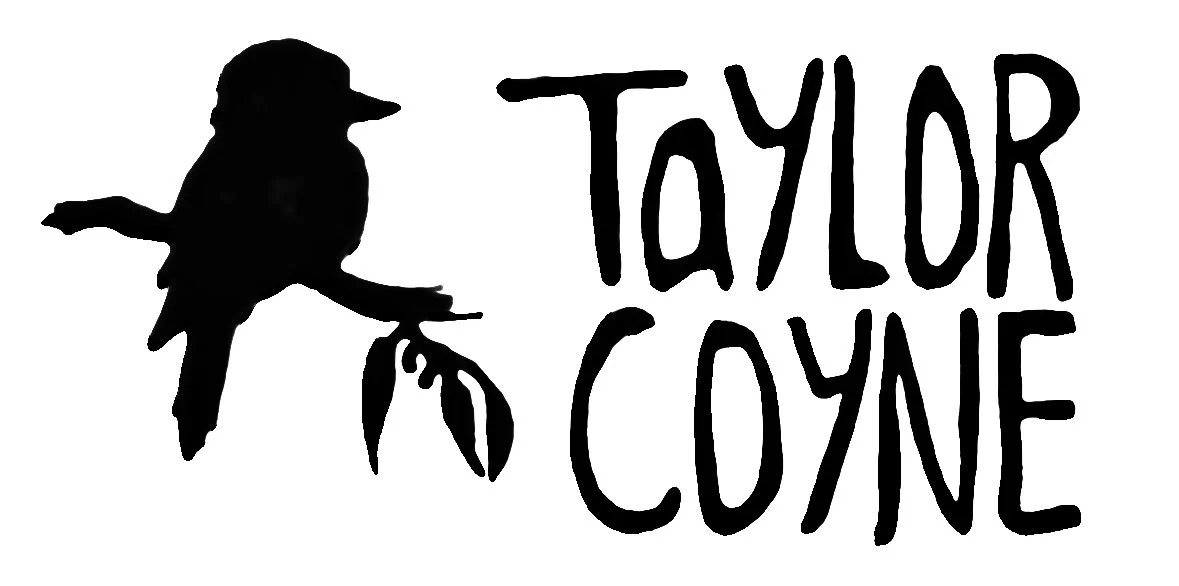Fish Geography
Fishing for Answers
Sustainable aquaculture, food sovereignty, and post-conflict resilience in northern Uganda
In 2018, I undertook an immersive field-based investigation into the emerging aquaculture industry of northern Uganda, focusing on the Gulu District, a region marked by decades of civil conflict, infrastructural neglect, and ecological vulnerability. The project asked: can small-scale fish farming offer a path toward ‘sustainable livelihoods’ in places where natural ecosystems, political stability, and food security remain deeply fragile?
Rather than simply assessing productivity or economic viability, this research worked through a political ecology framework to uncover the layered dynamics - environmental, social, historical, and institutional - that shape aquaculture in a region where fish are not just food, but symbols of survival, capital, and kinship. Drawing on semi-structured interviews with fish farmers, market vendors, consumers, and fisheries officials, the project mapped a local supply chain shaped as much by climate variability and government policy as by community memory and cultural trust. It became clear that fish ponds are not isolated interventions but parts of a complex hydrosocial cycle: contingent on rainfall, kin networks, trade routes, state subsidies, and post-war recovery.
At the heart of the research lies the tension between potential and precarity. On one hand, aquaculture in Gulu represents a vital livelihood strategy, particularly for peri-urban households navigating both ecological degradation and economic uncertainty. On the other, it reveals the shortcomings of top-down development logics, where fish are measured in tonnes rather than in stories, where policies rarely meet the ground with consistency or care. Participants spoke of inaccessible feed, unreliable fingerling supply, blackout-prone market infrastructure, and predation both literal (snakes, birds) and systemic.
Yet within these challenges, the project uncovered quiet forms of innovation and resilience. Women-led farming operations, informal co-operative knowledge networks, and adaptive strategies in the face of erratic weather painted a picture of aquaculture not as a silver bullet, but as a living practice of survival, reciprocity, and ecological attunement.
Fishing for Answers does not claim to resolve Uganda’s food security dilemma. Instead, it listens to farmers, to fishers, to landscapes in flux, and draws out the politics embedded in every harvest. It is, ultimately, a work of care and critique, rooted in the ethics of long-form fieldwork and the belief that sustainable development must begin with deep, contextual understanding. This project formed the foundation of my commitment to critical water geographies, laying the groundwork for later work in urban hydrology, infrastructure, and Indigenous design collaboration.
Fishing for Answers in livelihoods, conflict, and care in northern Uganda’s fragile waterscapes.
